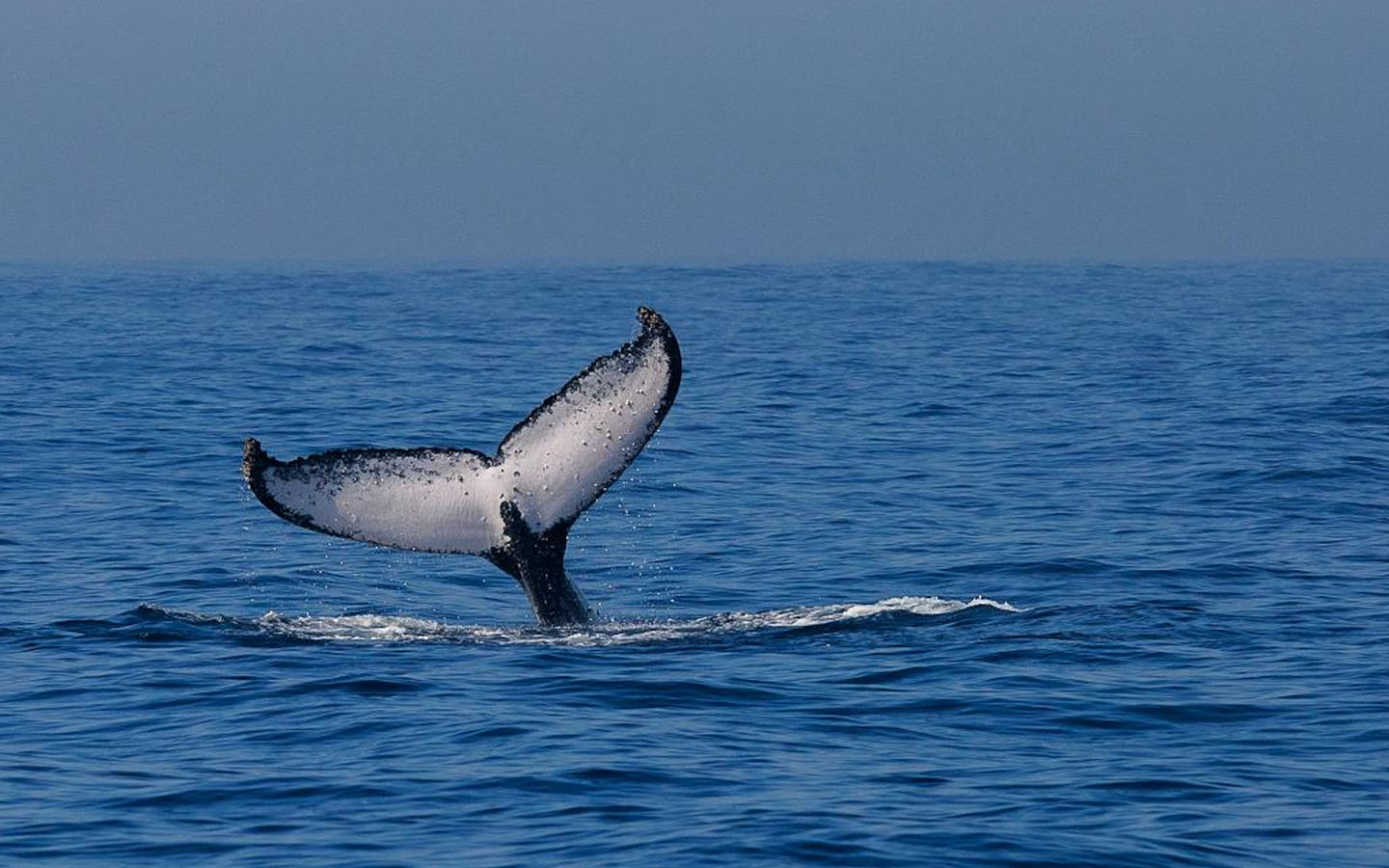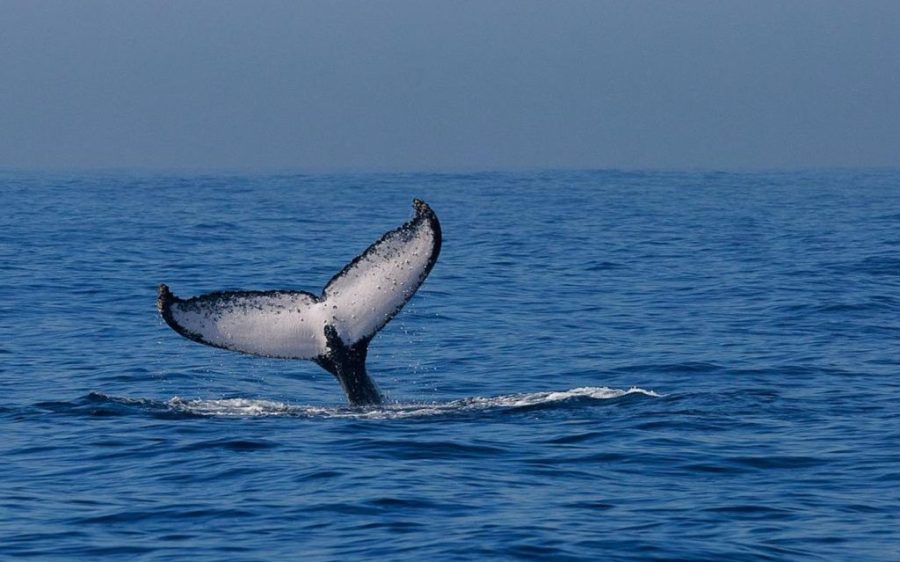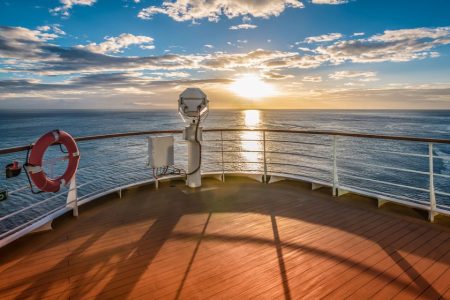A local NGO is calling on the Timorese government to establish mandatory laws around whale watching to protect the animals, the nascent whale tourism industry and the country’s reputation abroad.
Timor-Leste is well-known for its rich marine biodiversity, attracting tourists and researchers from around the world, with the many whale species migrating through its waters a big draw. The whale tourism sector is currently governed by national guidelines instituted in 2020 at the request of several local tour operators, but Timorese NGO Fundasaun Mahein argues that these voluntary guidelines fall short of the protections needed. The NGO emphasises the costs inherent in the current lack of government oversight.
“Unregulated whale tourism not only puts the lives of these animals at risk but can also destroy a nascent sector with great potential to contribute to the social and economic development of Timor-Leste,” Fundasaun Mahein warns.
[See more: For scuba divers seeking serenity, nothing beats Atauro Island]
The NGO calls on the government to create and enforce effective regulations on the number of vessels and monitor interactions between tourists and whales, while also emphasising the need to train and accredit whale tour companies and guides to ensure ethical and sustainable whale watching practices. Fundasaun Mahein points to other developing countries like Tonga and Sri Lanka as examples of poor regulation and ineffective enforcement causing the local whale tourism industry to collapse.
French Polynesia, on the other hand, shows how strict regulations and effective enforcement can nurture a thriving local whale tourism industry. By limiting how close boats and swimmers can be, minimising noise and stress, and leaving whales alone entirely during sensitive periods, visitors can have the experience of a lifetime without endangering these giants of the sea – or driving them to seek new migratory routes.
Without such regulations, Fundasaun Mahein warns, the sector could “destroy one of the most valuable marine assets in the country.” To fully realise the benefits of Timor-Leste’s robust marine biodiversity and fulfil the promise to promote the blue economy, it says, “policy makers must work together to ensure effective regulation of the whale tourism sector … before this precious resource is lost.”






